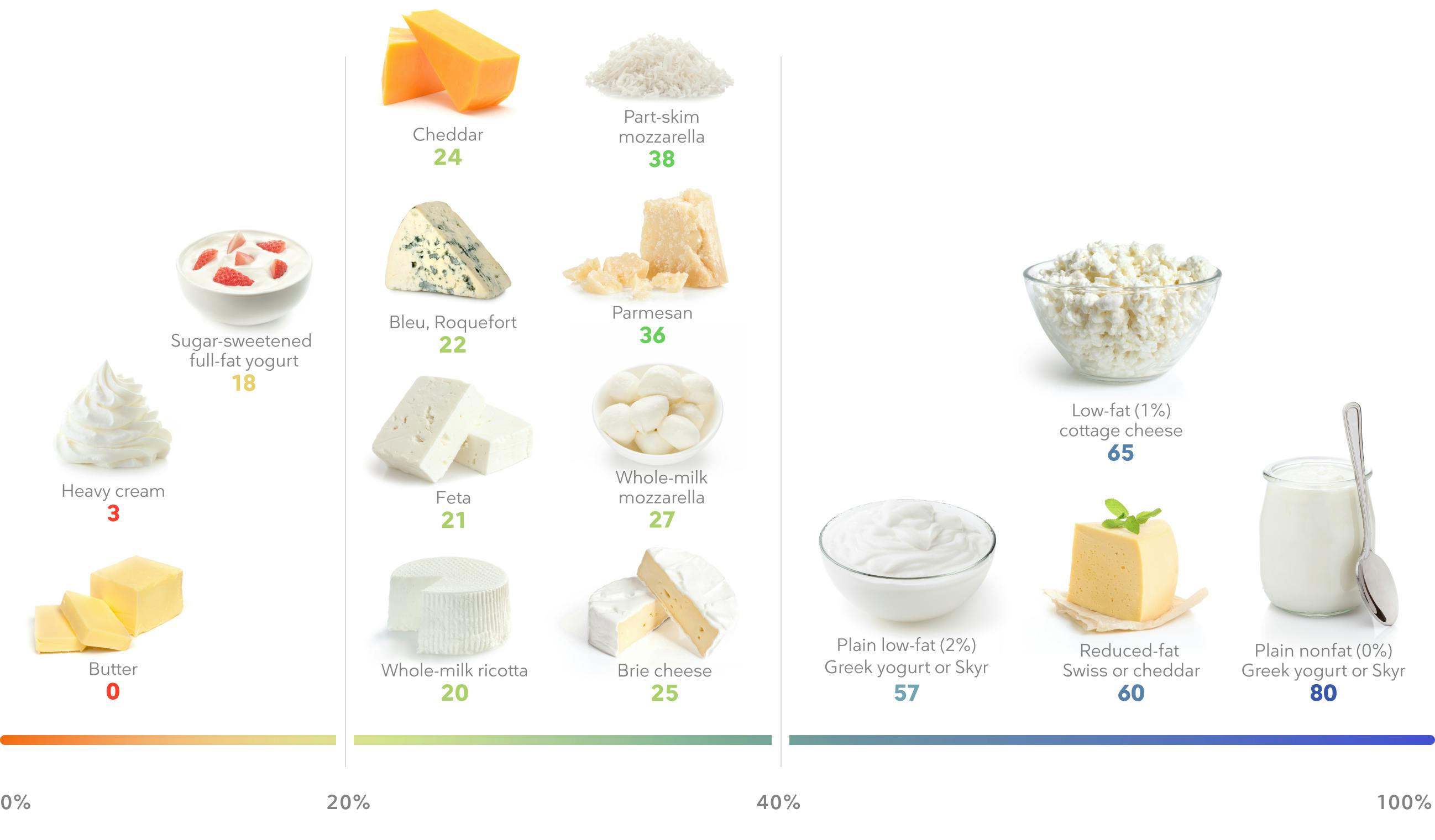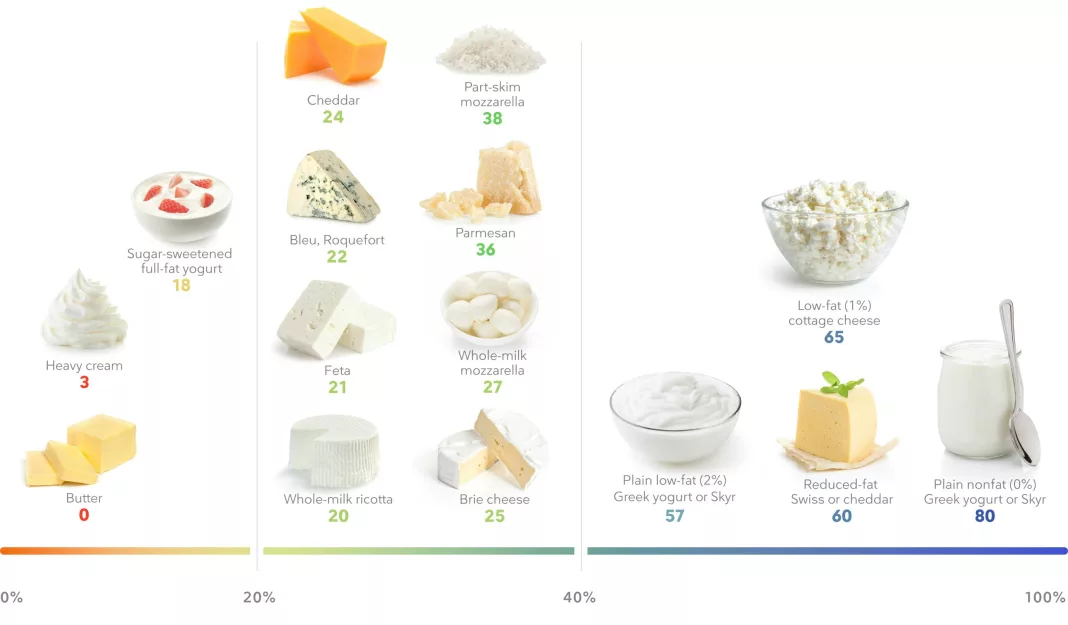 The Food and Drug Administration (FDA) has confirmed that powdered infant formula, cottage cheese, and sour cream in the United States are free from the highly pathogenic avian flu strain, also known as bird flu. The announcement comes as dairy cow herds in nine states have been affected by the H5N1 virus. The FDA conducted tests on 297 retail dairy samples, including fluid milk, cottage cheese, sour cream, and powdered infant formula, to check for the presence of live bird flu virus. All of the samples tested negative for the virus, reaffirming the safety of America’s pasteurized milk supply.
The Food and Drug Administration (FDA) has confirmed that powdered infant formula, cottage cheese, and sour cream in the United States are free from the highly pathogenic avian flu strain, also known as bird flu. The announcement comes as dairy cow herds in nine states have been affected by the H5N1 virus. The FDA conducted tests on 297 retail dairy samples, including fluid milk, cottage cheese, sour cream, and powdered infant formula, to check for the presence of live bird flu virus. All of the samples tested negative for the virus, reaffirming the safety of America’s pasteurized milk supply.
The FDA used a variety of tests to determine the presence of the virus. The initial round of tests using quantitative polymerase chain reaction (qPCR) showed positive results for HPAI viral fragments in milk from grocery stores. However, further testing through egg inoculation checks, which are considered the “gold-standard” for detecting infectious virus, revealed no live virus in any of the samples. These results indicate that pasteurization effectively kills the bird flu virus, validating its role in ensuring the safety of dairy products.
Despite the absence of live virus in retail dairy products, the FDA strongly advises against the consumption of raw milk. Researchers discovered that cats at a Texas dairy farm that consumed raw milk and colostrum from cows infected with bird flu had a high mortality rate. Therefore, it is crucial that consumers avoid raw milk and raw milk products to prevent any potential health risks associated with the virus.
Bird flu has been detected in 36 dairy herds across nine states, with Texas being the epicenter of the outbreak. The spread of the virus occurred as cattle were moved between states, prompting federal authorities to implement bird flu testing requirements for dairy cows transported across state lines. Lactating dairy cows must now test negative for bird flu before being moved to limit the spread of the virus.
To further monitor the spread of bird flu, federal food safety inspectors have begun testing ground beef from grocery stores in states where dairy cows have tested positive for the virus. The United States Department of Agriculture (USDA) is conducting three separate beef safety studies, including testing ground beef and beef muscle for the presence of bird flu. So far, no beef cattle have tested positive for the virus, and the USDA assures consumers that the meat supply is safe. However, it is important to handle and cook raw meats properly to eliminate any potential bacteria or viruses.
While the risk posed by bird flu to the public remains low, it is crucial to follow recommended safety measures to ensure the safety of dairy and meat products. Pasteurization has proven effective in inactivating the virus, making pasteurized milk products safe for consumption. Consumers should continue to prioritize food safety by avoiding raw milk and properly cooking raw meats to a safe internal temperature. With these precautions in place, Americans can continue to enjoy their favorite dairy products with confidence.

